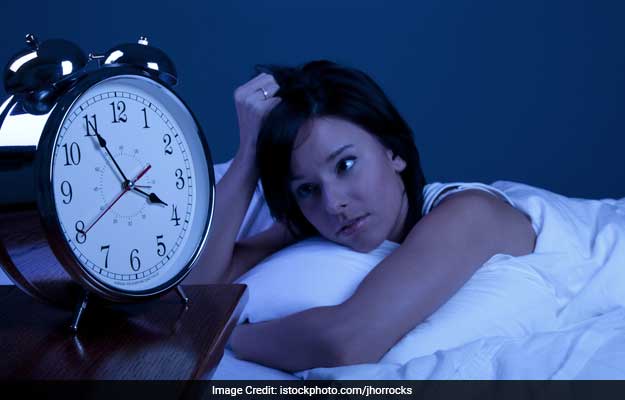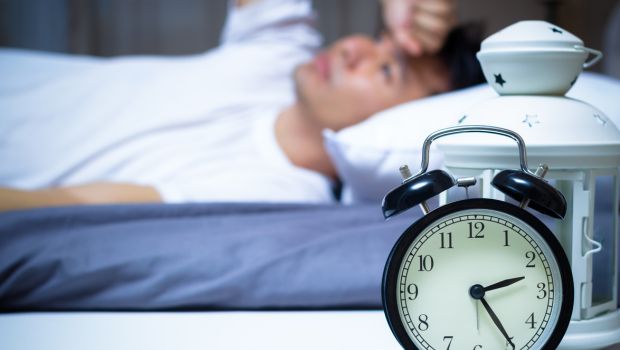Today, scientists are exploring new treatments based on such circadian cycles, including establishing the best times to take medicines, and there is an increased focus on the importance of healthy sleeping patterns.
"This ability to prepare for the regular daily fluctuations is crucial for all life forms," Thomas Perlmann, secretary of the Karolinska Institute Nobel Committee, told reporters. "This year's Nobel prize laureates have been studying this fundamental problem and solved the mystery of how an inner clock in our bodies can anticipate daily fluctuations between night and day to optimise our behaviour and physiology."

Circadian rhythm is also known as sleep/wake cycle
So What Really is Circadian Rhythm?
Circadian rhythm is also known as sleep/wake cycle or the body's internal clock. It is a natural system that's regulates feelings of sleepiness and wakefulness over a 24-hour period. It's like a complex timekeeper, which is controlled by an area of the brain that responds to light, which is why humans are most alert while the sun is shining and are ready to sleep when it's dark outside. The circadian rhythm dips and rises at different times of the day, so adults' strongest sleep drive generally occurs between 2:00-4:00 am and in the afternoon between 1:00-3:00 pm, although there is some variation depending on whether you are a "morning person" or "evening person."
If there is an imbalance in this rhythm, it can create various issues like sleeping disorders, hormonal disorders, and inability to stay focused or alert, and so on. So here are some tips to keep the internal clock ticking right -
1. No Skipping Meals or Late Night Eating: Skipping meals or delaying them is known to have adverse impact on our body. According to a research published online on Cell Press Selections, maintaining timely meal times is important to regulate the body clock. This 24-hour clock is controlled by the brain and other bodily processes and is known to get affected by light and darkness. The study suggests that improper meal time can reset or tweak this clock too.

Skipping meals or delaying them is known to have adverse impact on our body
2. Exercise: It's not without reasons that health experts advise physical activity, particularly in the morning to stay at the best of health. Exercise is important for the well-functioning of the body, even if it involves 30 minutes of walking. It is also essential to keep your internal clocking ticking well and for other functions of the body to be effective.
3. Cut Down on Screen Time: One of the major reasons for stress, anxiety or sleeping disorders is spending far too many hours being hooked on laptops, mobile phones and television. While these gadgets are now important for our day-to-day activities, it is also important to draw a line and not over utilise them. We may not realise it now, but excessive screen time impacts our internal clock, thus hampering sleep time.Inputs from Reuters









